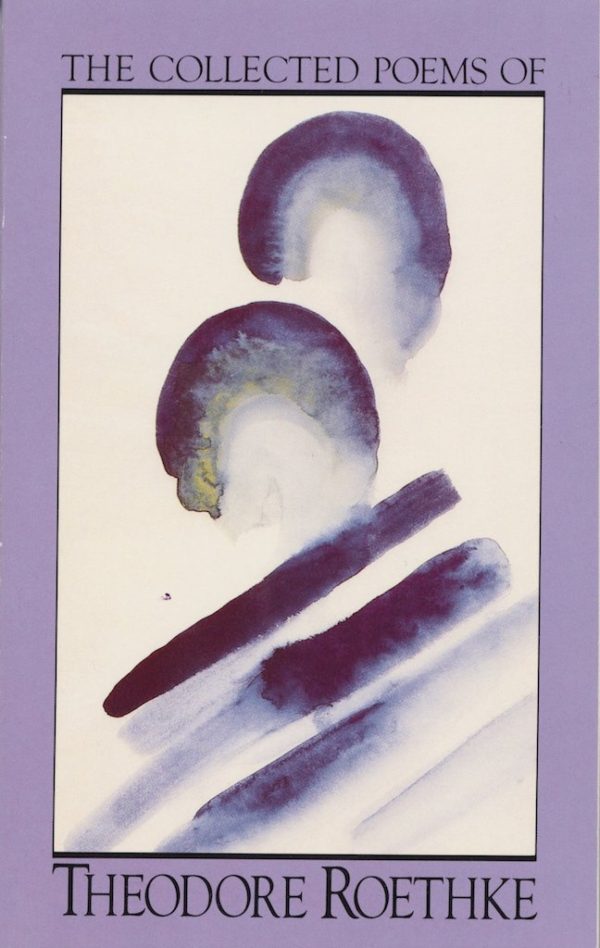I knew a woman, lovely in her bones,When small birds sighed, she would sigh back at them;Ah, when she moved, she moved more ways than one:The shapes a bright container can contain!Of her choice virtues only gods should speak,Or English poets who grew up on Greek(I’d have them sing in chorus, cheek to cheek).How well her wishes went! She stroked my chin,She taught me Turn, and Counter-turn, and Stand;She taught me Touch, that undulant white skin;I nibbled meekly from her proffered hand;She was the sickle; I, poor I, the rake,Coming behind her for her pretty sake(But what prodigious mowing we did make).Love likes a gander, and adores a goose:Her full lips pursed, the errant note to seize;She played it quick, she played it light and loose;My eyes, they dazzled at her flowing knees;Her several parts could keep a pure repose,Or one hip quiver with a mobile nose(She moved in circles, and those circles moved).Let seed be grass, and grass turn into hay:I’m martyr to a motion not my own;What’s freedom for? To know eternity.I swear she cast a shadow white as stone.But who would count eternity in days?These old bones live to learn her wanton ways:(I measure time by how a body sways).
I Knew a Woman
Feature Date
- May 11, 2020
Series
Selected By
Share This Poem
Print This Poem
“I Knew a Woman,” copyright © 1954 by Theodore Roethke;
from COLLECTED POEMS by Theodore Roethke.
Used by permission of Doubleday, an imprint of the Knopf Doubleday
Publishing Group, a division of Penguin Random House LLC.
All rights reserved.

Born in 1908 in Saginaw, Michigan, Theodore Huebner Roethke was an American poet. He published several volumes of award-winning and critically acclaimed poetry. Roethke is regarded as one of the most accomplished and influential poets of his generation. He died in 1963 at the age of 55.

New York, New York
This paperback edition contains the complete text of Roethke's seven published volumes in addition to sixteen previously uncollected poems. Included are his Pulitzer Prize and National Book Award winners The Walking, Words for the Wind, and The Far Field.
These two hundred poems demonstrate the variety of Roethke's themes and styles, the comic and serious sides of his temperament, and his breakthroughs in the use of language. Together they document the development of an extraordinary creative source of American poetry.
Poetry Daily Depends on You
With your support, we make reading the best contemporary poetry a treasured daily experience. Consider a contribution today.



